Academics, researchers and professionals from the Women’s Radio in Europe Network (WREN) came together at Bournemouth University for a two day workshop, on November 14-15. There were thirteen of us, representing the Netherlands, Denmark, Britain, Turkey, Australia and Portugal.
WREN is an international academic research network investigating the history and role of women’s radio in Europe (and beyond). We were joined by Maria Williams, an award-winning radio producer, podcast-maker and media trainer – and the founder of Sound Women (http://www.soundwomen.co.uk/). Sound Women aims to encourage, promote and support women in today’s UK radio industry, and it was generally acknowledged by all participants how important history is for the current debates around women in the media.
The first day started with short presentations where participants presented current research and interests, and ideas and thoughts for future collaborative research. In the afternoon students and staff were invited to join ‘In Conversation with WREN’, a discussion about WREN research and women’s contribution to radio. Our panel of speakers included Maria Williams (Sound Women), Caroline Mitchell (University of Sunderland), Nazan Haydari (Istanbul Bilgi University) and Carolyn Birdsall (University of Amsterdam). The second day focused on the network’s plans to secure future research funding and how to develop the work of WREN further.
This workshop was made possible through the Fusion Investment Fund (the Staff Mobility and Networking Strand) which supported this first stand-alone meeting of the network. We are delighted to report that the workshop was overall a success, and WREN has now made some concrete plans for the future, so watch this space!
Dr Kristin Skoog (PI) – Lecturer in Media (Broadcasting History) – The Media School
Dr Kate Murphy (CI) – Senior Lecturer in Radio Production – The Media School
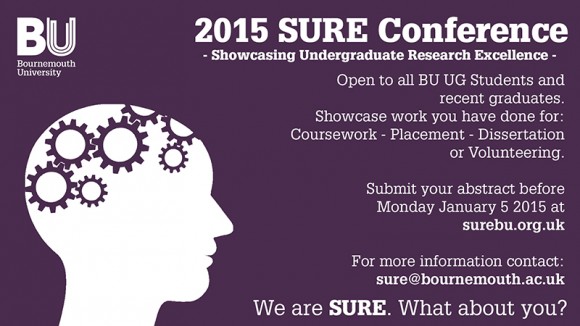



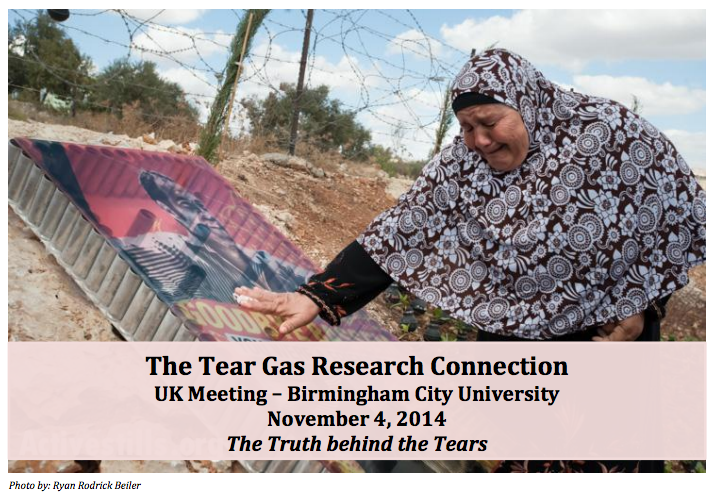
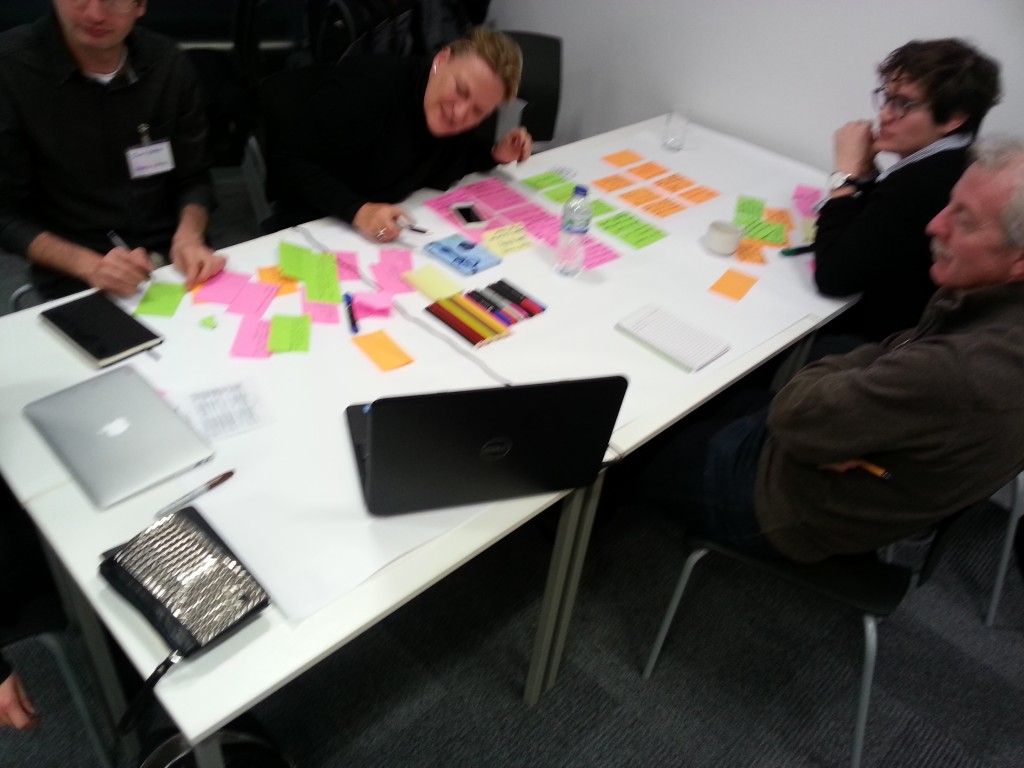
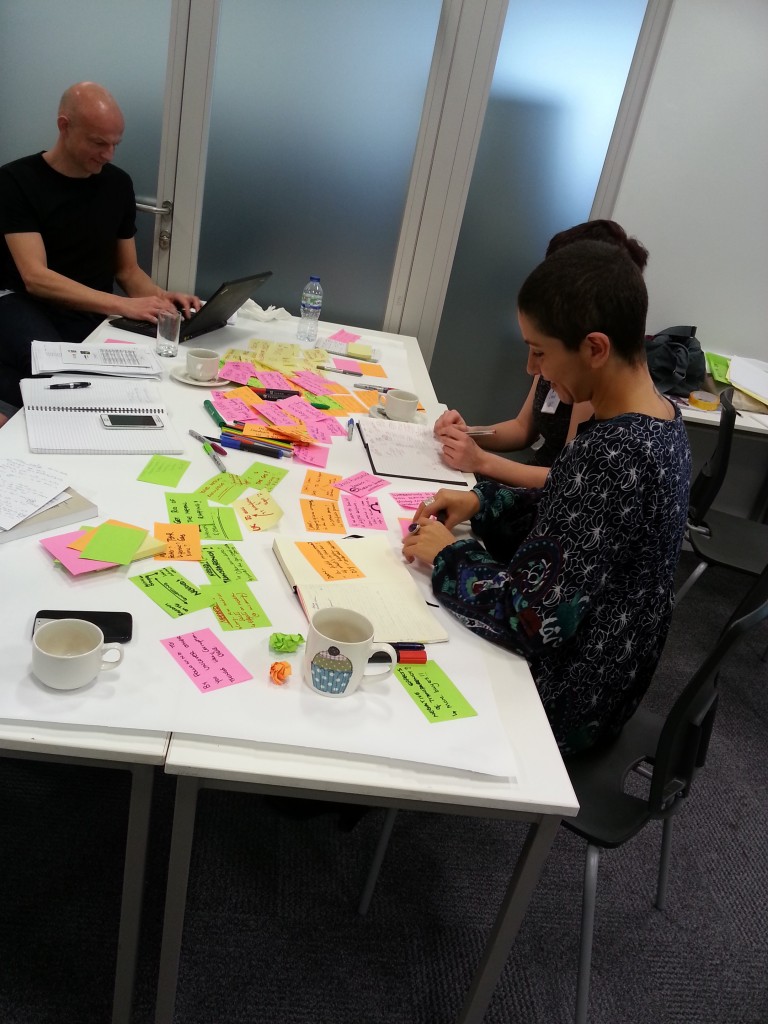
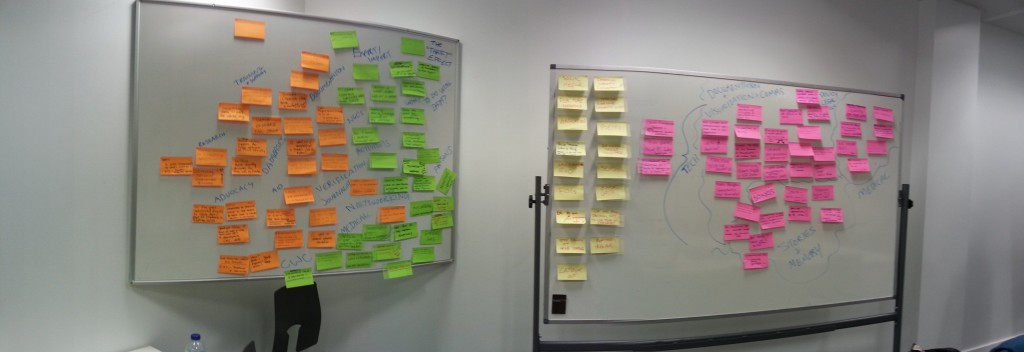
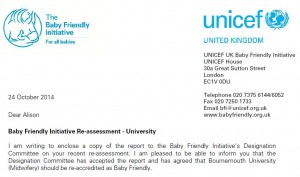
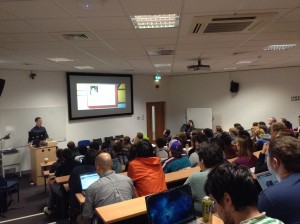
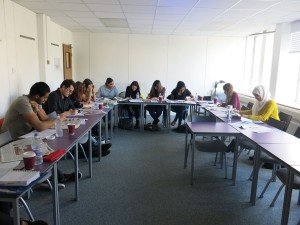
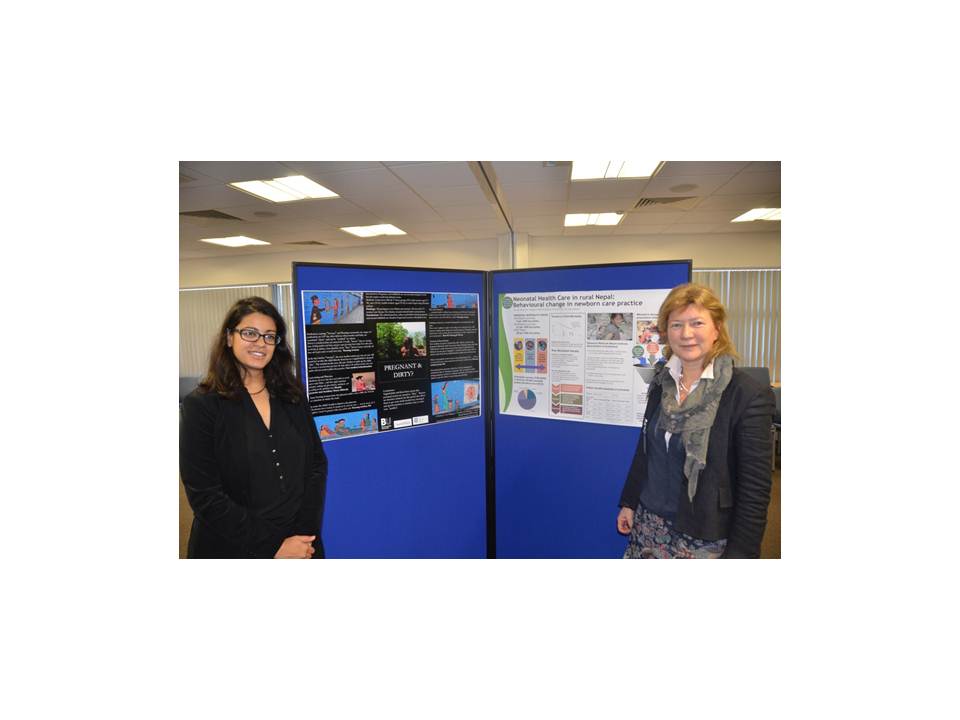
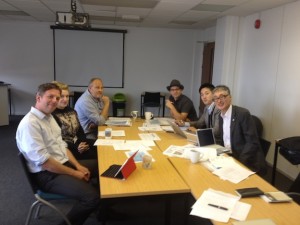











 Dr. Ashraf cited on ‘Modest Fashion’ in The Guardian
Dr. Ashraf cited on ‘Modest Fashion’ in The Guardian NIHR-funded research launches website
NIHR-funded research launches website Academics write for newspaper in Nepal
Academics write for newspaper in Nepal New paper published on disability in women & girls
New paper published on disability in women & girls Global Consortium for Public Health Research 2025
Global Consortium for Public Health Research 2025 MSCA Postdoctoral Fellowships 2025 Call
MSCA Postdoctoral Fellowships 2025 Call ERC Advanced Grant 2025 Webinar
ERC Advanced Grant 2025 Webinar Horizon Europe Work Programme 2025 Published
Horizon Europe Work Programme 2025 Published Horizon Europe 2025 Work Programme pre-Published
Horizon Europe 2025 Work Programme pre-Published Update on UKRO services
Update on UKRO services European research project exploring use of ‘virtual twins’ to better manage metabolic associated fatty liver disease
European research project exploring use of ‘virtual twins’ to better manage metabolic associated fatty liver disease